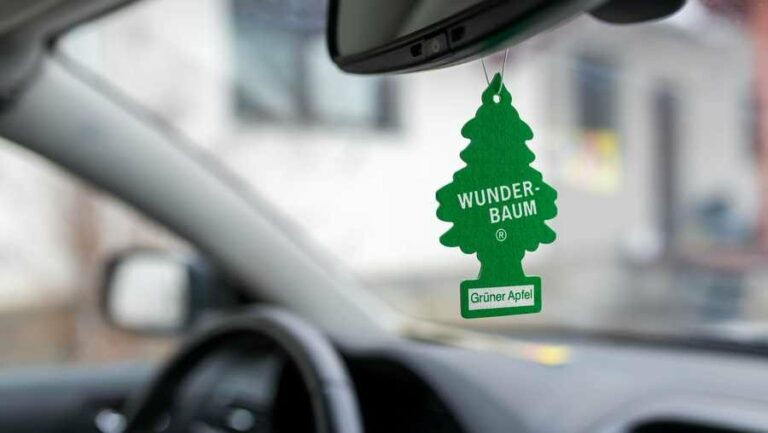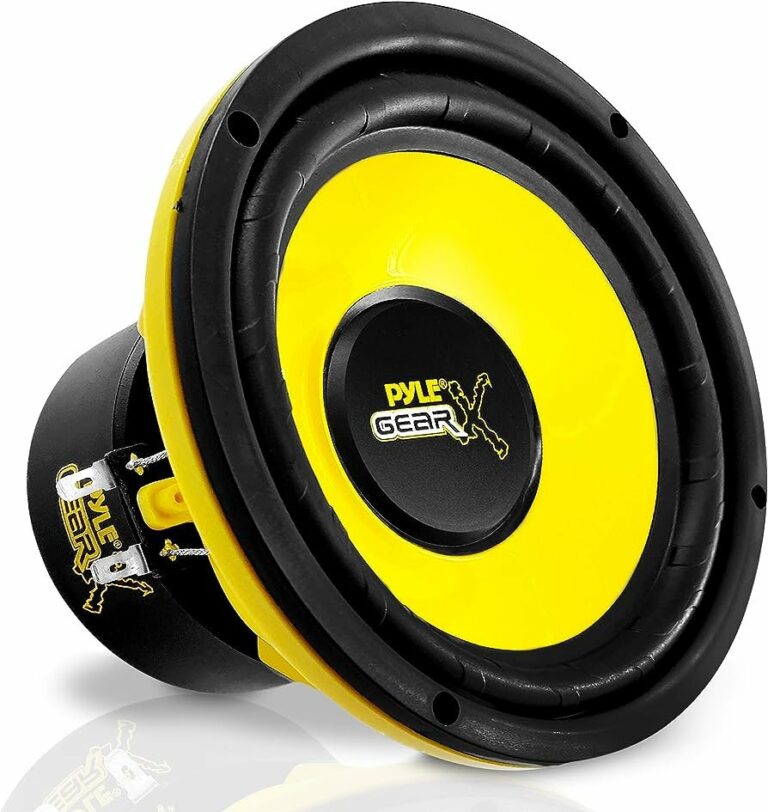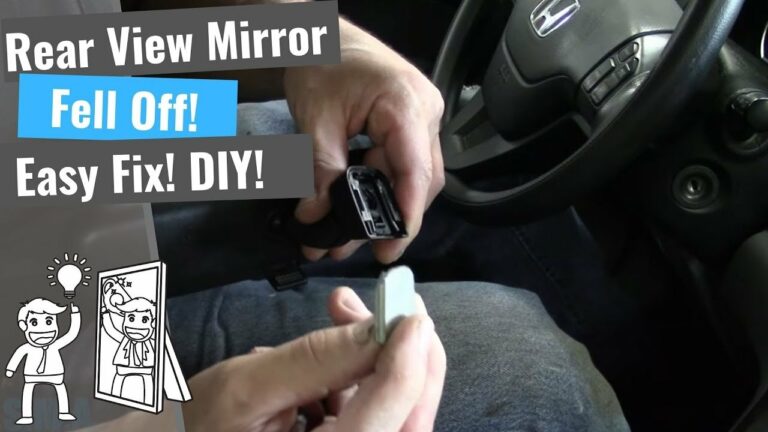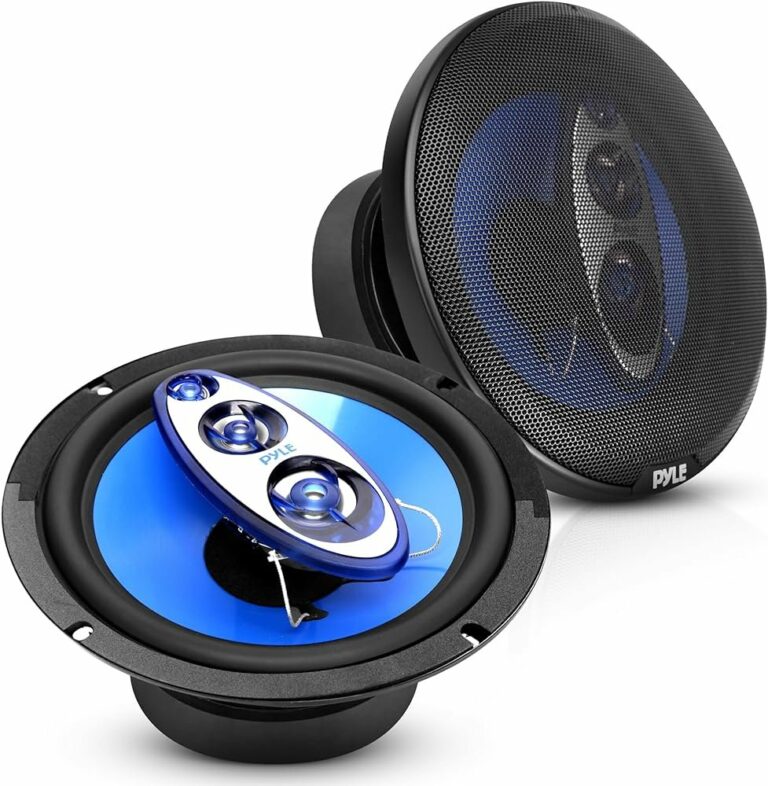Can You Use Car Speakers for Home Audio?
Can You Use Car Speakers for Home Audio? Wondering if you can get the same powerhouse sound from your car speakers? The answer is yes! You can use car speakers for home audio setups, and in this article, we’ll explore the ins and outs of how to do it effectively.
Don’t worry, you won’t need any special gadgets or expensive equipment – just a little know-how and creativity. Let’s dive into the world of car speakers and discover how they can elevate your home audio system. So, can you use car speakers for home audio? Absolutely! Let’s find out how.
Can You Use Car Speakers for Home Audio?
When it comes to enjoying high-quality audio, many people wonder if they can repurpose their car speakers for home use. Car speakers are designed to handle the unique challenges of a vehicle environment, with factors like road noise and cabin size taken into consideration. On the other hand, home speakers are optimized for indoor listening, providing a different listening experience. In this article, we’ll explore the possibility of using car speakers for home audio and discuss the pros and cons of such a setup.
Understanding Car Speakers
Car speakers are typically designed to fit specific spaces within a vehicle, such as door panels, dashboards, or rear decks. They are engineered to handle the power output of car stereo systems and deliver sound that can be heard above road noise. Car speakers come in different sizes and configurations, including coaxial and component speakers. They are often built to withstand harsh environments, such as temperature fluctuations and vibrations.
Coaxial Speakers
Coaxial speakers, also known as full-range speakers, feature a single driver that handles both high and low frequencies. They are compact and easy to install, making them popular choices for car audio systems.
Component Speakers
Component speakers consist of separate drivers for different frequency ranges, usually with a dedicated tweeter for high frequencies and a woofer for low frequencies. They offer better sound quality and imaging compared to coaxial speakers because the drivers can be placed in optimal locations for improved audio reproduction.
2. Differences Between Car and Home Audio Environments
While car and home speakers serve the same purpose of reproducing sound, they are designed with different environments in mind. Understanding these differences is crucial in determining whether car speakers can be effectively used for home audio.
Acoustic Considerations
Car interiors tend to be smaller and often have more reflective surfaces compared to home environments. Car speakers are designed to compensate for these acoustic challenges, delivering sound that can cut through road noise and reverberation. Home speakers, on the other hand, are optimized for room acoustics and can provide a more immersive listening experience.
Power Requirements
Car speakers are designed to work with low- to moderate-powered car stereos, typically ranging from 10 to 100 watts RMS per channel. In contrast, home audio systems can deliver much higher power, often exceeding 100 watts RMS per channel. While car speakers may be able to handle some of this increased power, they may not perform optimally or may even get damaged if pushed beyond their limits.
Installation Considerations
Car speakers are designed to be easily installed in vehicles, with standardized mounting sizes and connectors. Home audio systems, on the other hand, may require additional adapters or modifications to accommodate car speakers. Additionally, car speakers may not fit aesthetically within a home environment, as their design is tailored to blend with car interiors.
3. Pros and Cons of Using Car Speakers for Home Audio
Using car speakers for home audio can have certain advantages and disadvantages. Let’s explore them in detail.
Pros
- Cost: Car speakers are often more affordable compared to dedicated home speakers, making them a budget-friendly option for those on a tight budget.
- Compact Size: Car speakers are generally compact and can be easily integrated into small spaces, which can be advantageous for those with limited room.
- Durability: Car speakers are designed to withstand harsh conditions, making them more durable compared to some home audio speakers.
- Portability: If you already have car speakers and a portable amplifier, you can use them for outdoor gatherings or events.
Cons
- Sound Quality: Car speakers may not deliver the same level of sound quality and accuracy as dedicated home speakers, especially when it comes to subtler details and imaging.
- Power Handling: Car speakers may not be able to handle the higher power output of home audio systems, potentially resulting in distorted sound or speaker damage.
- Installation Challenges: Adapting car speakers for home use may require additional accessories and modifications, making the installation process more complex.
- Aesthetics: Car speakers are not designed to blend seamlessly with home interiors, which can compromise the overall aesthetic appeal of your home audio setup.
4. Optimizing Car Speakers for Home Audio
If you still intend to use car speakers for your home audio setup, there are a few steps you can take to optimize their performance:
Amplifier Selection
Choose an amplifier that matches the power handling capabilities of your car speakers. Avoid overpowering the speakers, as it may lead to distortion or damage. Consider an amplifier with adjustable settings to ensure the best performance.
Acoustic Treatment
Car speakers may sound brighter in a home environment due to the lack of road noise and reflections. Experiment with acoustic treatment, such as foam panels or diffusers, to improve the overall sound balance and reduce unwanted echoes or resonances.
Crossover Optimization
If using component speakers, set the crossover points correctly for the tweeters and woofers to ensure a seamless transition between frequency ranges. This can help prevent distortion and ensure a balanced sound output.
Enclosure Design
Consider building or purchasing enclosures designed specifically for your car speakers. Properly designed enclosures can help enhance the bass response and overall sound quality of your car speakers in a home environment.
Do Car Speakers Sound Better than Regular Bookshelf Speakers?
Frequently Asked Questions
Can car speakers be used for home audio?
Yes, it is possible to use car speakers for home audio. However, there are a few factors to consider before doing so.
What are the main considerations when using car speakers for home audio?
The main considerations include power requirements, impedance matching, and the physical space available for installation.
Do car speakers require additional equipment to work with home audio systems?
Yes, car speakers require a separate amplifier to power them when used in a home audio setup. This is because car speakers are typically designed to receive power from a car stereo’s built-in amplifier.
Can car speakers be connected directly to a home audio receiver or amplifier?
No, car speakers cannot be connected directly to a home audio receiver or amplifier. The impedance of car speakers is usually lower than that of home speakers, so connecting them directly could damage the amplifier.
What types of home audio systems are compatible with car speakers?
Car speakers can be used with a home theater system or a dedicated audio setup that includes a separate amplifier. By connecting the car speakers to the amplifier, you can integrate them into your home audio system.
Are the sound quality and performance of car speakers the same as home speakers?
While car speakers can produce decent sound quality, they are not typically designed to deliver the same level of performance as dedicated home speakers. Home speakers are designed for better audio reproduction and are optimized for home listening environments.
Can I use car subwoofers in a home audio system?
Yes, car subwoofers can be used in a home audio system. However, like car speakers, they will require a separate amplifier for power. Additionally, you may need to consider the physical space and placement options for the subwoofer in your home.
Final Thoughts
In conclusion, while it may be tempting to use car speakers for home audio, it is not the most optimal choice. Car speakers are specifically designed for the unique environment inside a vehicle, with factors such as road noise and limited space taken into consideration. As a result, they may not provide the same level of sound quality and power in a home setting. Additionally, car speakers may require additional equipment or modifications to work effectively with home audio systems. Therefore, it is recommended to invest in speakers that are specifically designed for home use, ensuring a superior audio experience without any compromise.






